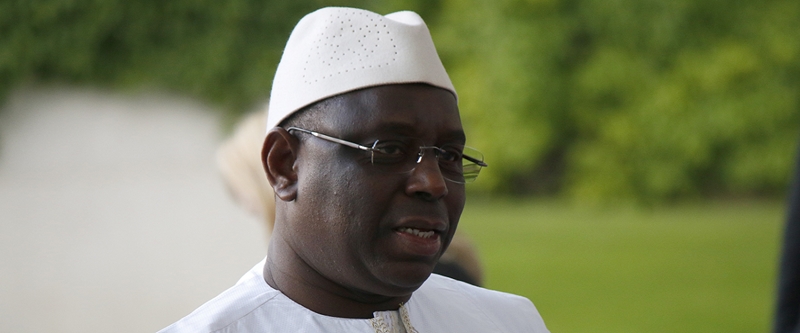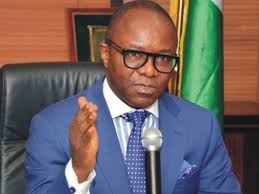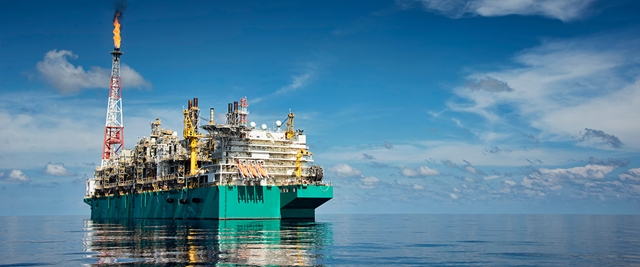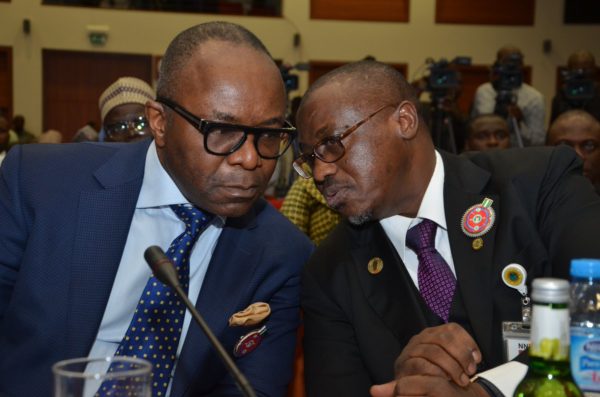Guinea-Bissau is eager to kick start exploration in acreage shared with oil-rich Senegal, but it’s slow going. Paul Melley writes
Guinea-Bissau and Senegal made good early progress in talks to revise the agreement sharing out potential oil and gas revenue from their joint offshore exploration zone.
But with both governments under domestic pressure, a scheduled negotiating round in late August was postponed without agreeing a resumption date.
The original 1993 deal allocated Guinea-Bissau a mere 15% of any future hydrocarbon revenue from the Agence pour la gestion et la coopération (AGC) zone’s 25,000 sq km (9,650 square miles) of continental shelf.
The administration of President Kumba Yala, in power from 2000 to 2003, persuaded Senegal that his country’s share should, in principle, be increased to 25%, but this deal was never formalised.
That left legal uncertainties that have deterred some investors, acting as a brake on exploration activity in the joint zone. In the wake of recent major oil and gas finds further north off Senegal and Mauritania, Guinea-Bissau is keen to see exploration reinvigorated, in the hope that it, too, will become a hydrocarbons producer.
It’s one of Africa’s smallest and poorest countries, struggling to develop new sources of income that could help it move away from its troubled recent past-narcotics trafficking came to play a major economic role.
Domestic pressure
The need to finalise a fresh protocol governing the joint zone has been acknowledged for several years. But the current Guinea-Bissau president, José Mario Vaz, is under heavy pressure from a vocal civil society campaign that’s demanding what it regards as a fairer share-out of the joint zone resources, or even the scrapping of the entire joint zone concept.
He signalled his concern for the issue in May with the appointment of Artur Silva, a former prime minister, as secretary general of the AGC—the Dakar-based bilateral agency that administers the joint zone and its hydrocarbons and fishing resources. Silva replaced Julio Mamadou Baldé, who had been in the post since 2000.
However, Senegal’s president, Macky Sall, facing a re-election race early next year, is also under pressure to defend his country’s interests. He had faced opposition criticism for agreeing a 50% revenue share out with Mauritania for the Tortue/Ahmeyim gasfield, which straddles the maritime border between the two countries.
A first negotiating round between Guinea-Bissau and Senegal took place in Dakar in early August. But the next session, due to be held in Bissau city, was postponed.
Room for readjustment
Specialists continue to work on the dossier and Baldé—who is now part of the Guinea-Bissau negotiating team—has explained why the original resource split was so uneven and hinted at the grounds on which it could, reasonably, be readjusted.
“The 15-85 deal related only to the context of the resources in Dôme Flore, a heavy-oil discovery. But today, prospecting studies having been carried out, exploration results go far beyond the small geographical segment that includes Dôme Flore,” he told local mediain Bissau City.
Baldé pointed out that far more seismic and other exploration data are now available, and he sees no obstacle to the achievement of a fresh deal that suits the interests of both countries.
But what the negotiators and the two governments may view as a common-sense compromise on technical grounds, and in the interests of good neighbourly relations, could still prove hard to sell to the public in both countries. That’s particularly the case in Guinea-Bissau, where street protests and extensive media coverage have generated popular interest in the campaign for a better deal, which is led by prominent intellectuals, a former foreign minister and a former armed forces chief of staff.
Meanwhile, the upsurge in international interest in the offshore potential of this region is also having consequences nearby in Gambia: the Australian company FAR has announced plans to drill what will be the country’s first offshore well in 40 years, on the Samo Prospect.
Source: The Petroleum Economist






